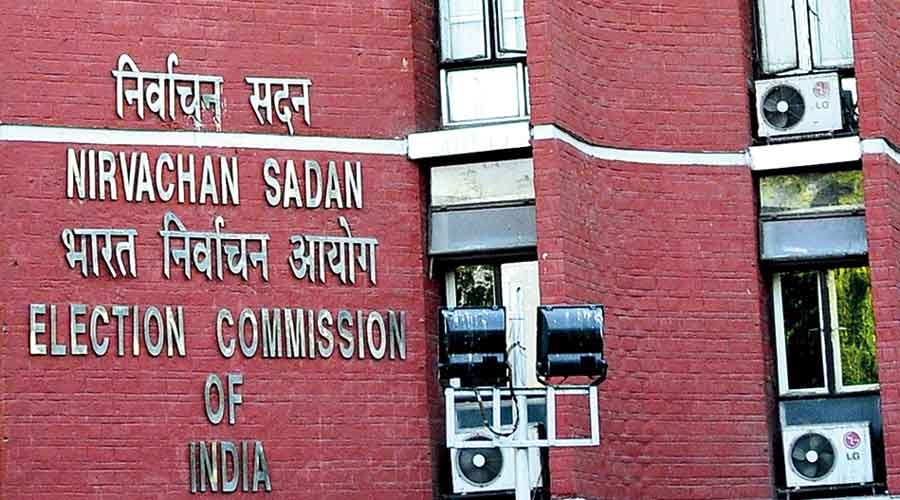A new report by eminent citizens who reviewed the election system in the country has flagged concerns such as the exclusion of vulnerable groups from electoral rolls, money power in polls promoting an economic oligarchy and selective enforcement of the model code of conduct.
The Citizens’ Commission on Elections, an NGO, released its second volume of “An Inquiry into India’s Election System” on Monday.
The NGO is chaired by former Supreme Court judge Madan B. Lokur and includes former IAS officers Wajahat Habibullah, Sundar Burra and M.G. Devasahayam, and retired Madras High Court judge Hariparanthaman as well as several academics and journalists.
The first volume examined doubts on the integrity of the electronic voting machines and recommended that paper trail machines be redesigned for more transparent verifiability by voters and that the voting machines be independently verified outside the government and the Election Commission.
Releasing the second volume, Devasahayam referred to the massive deployment of central forces for the Assembly polls and said: “Democracy is an exercise in freedom. Instead of that, people have been put under fear. But the basics like the level playing field, the democratic principles and public faith above all are not being complied with in the context of elections.”
More than 1 lakh central police personnel have been deployed in Bengal.
The second volume examines reports of exclusions from voter rolls, criminalisation of politics, ineffective and selective implementation of the model code of conduct that has benefited the BJP, fake news and alleged partisanship of the Election Commission. The commission is yet to respond to the reports.
“Earlier the EC was very generous in offering us time, the Chief Election Commissioner (O.P. Rawat) would offer us time, and we would discuss. An air of closed doors has descended around the government,” Habibullah said.
The second volume highlights the exclusion of vulnerable and disadvantaged groups from voter rolls, and says the move to link the electors’ photo identity card with Aadhaar “could lead to massive data leak, fraud and theft…” and that “the fast-rising economic oligarchy in the country, threatening India as a welfare state is the direct fallout of this extreme money power in elections” promoted by electoral bonds from anonymous donors.
It also highlights a “lack of consistency by the ECI (Election Commission of India) in enforcing the MCC (model code of conduct), the ECI treating the ruling party with kid gloves and the ECI not using its powers under Article 324 of the Constitution.”
On fake news, the report finds “procrastination, silence and inaction characterised the ECI’s responses even to serious violations of the MCC, media code and guidelines by the ruling party!”
The report and Devasahayam referred to a report by Sweden’s V-Dem Institute that rated India as an “electoral autocracy”.
The NGO’s second report says: “The ECI, the ‘engine that drives India’s elections’ seem to have corroded fast and has morphed into an ‘unelected autocracy’. It is maintaining the fig leaf of ‘free and fair elections’ only by deploying a vast array of paramilitary forces, variety of observers and flying squads while losing its essence of level playing field, democracy principles and public faith. In the event, the ECI has drifted away from its constitutional (Article 324) mandate of holding genuinely free and fair election. No wonder then that India is being branded as ‘electoral autocracy’.”










